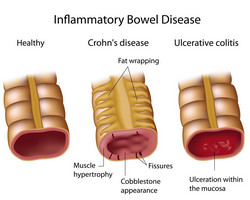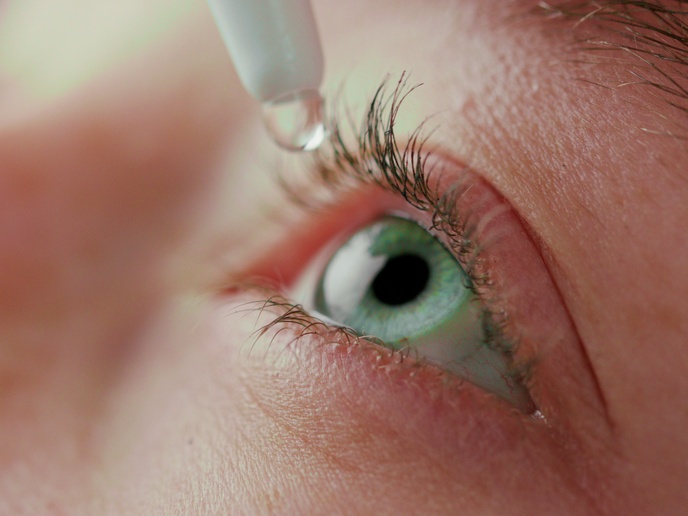Novel drugs against inflammatory bowel disease
Ulcerative colitis is a chronic inflammatory condition that affects the colon. Since the lesions may be distributed in different regions throughout the colon, this leads to very different clinical presentations. This suggests that there are different needs with respect to drug targeting albeit currently the same approach is used for all types of ulcerative colitis. The scope of the EU-funded TARGETIBDBYPLA2 (A novel drug targeting strategy for the treatment of inflammatory bowel disease: a molecular biopharmaceutical approach) project was to develop a drug targeting strategy that reaches the inflamed mucosa per se, regardless of disease localisation. Their approach exploited the fact that the phospholipase A2 (PLA2) enzyme is significantly high in both ulcerative colitis and Crohn’s Disease, the most severe manifestation of inflammatory bowel disease. Project researchers synthesised phospholipid-drug complexes that PLA2 could hydrolyse, liberating the drug at the site of inflammation. Following extensive screening of various phospholipid carriers, scientists finally used 6-AHA to attach the non-steroid anti-inflammatory drug diclofenac. Using an in silico method they successfully modelled the prodrug at the molecular level and predicted the hydrolysing impact of different PLA2 isoforms. Simulation experiments facilitated the optimisation of the chemical structure of the linker connecting the drug moiety to the lipid for best results. In vitro assays indicated that PLA2 was effective at releasing the drug when a linker of 6-8 carbons long was utilised in the phospholipid-drug complex. Current ulcerative colitis drug targeting mechanisms rely on pH, time or microflora changes along the gastrointestinal tract. From a clinical perspective, the TARGETIBDBYPLA2 approach offers a significantly improved option for drug targeting. Since PLA2 is expressed in both ulcerative colitis and Crohn’s disease, the phospholipid prodrugs should be effective to treat both types of inflammatory bowel disease.







